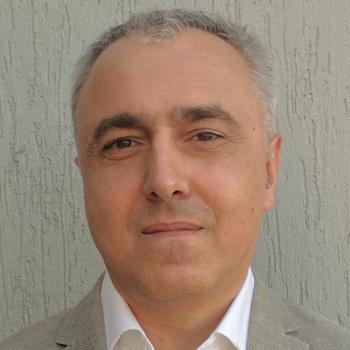Psychoactive Substance Use Among Russian Migrants Relocated to Georgia Following the 2022 Ukrainian Invasion
Background
Understanding the dynamics of substance use in the context of (forced) migration is a current topic of interest for researchers and policy developers. This study aimed at exploring the experience of drug using migrants from Russia who arrived in Georgia in the wake of the Ukrainian invasion.
Methodology
This qualitative study employed individual interviews and focus group discussions. The data collection took place from May to August 2023. Participant eligibility: 18+ of age, migrants who fled to Georgia from Russia in 2022 due to Russia’s invasion in Ukraine, currently residing in Georgia (for at least 3 months), using illicit drugs in the past 30 days (regardless of the time of initiation).
Results
The final sample consisted of 23 respondents, who were mostly young and employed, they did not seek asylum in Georgia and considered it as a temporary location. In future, all of them hoped to return to the changed Russia. Participants left Russia because of war in Ukraine and threat of conscription, but also due to political dissent. Loyalty of visa regime and perceived shared cultural similarities influenced the decision to choose Georgia for relocation. Participants were vastly regular users of non-injection drugs. A notable shift was observed from stimulant use in Russia to increased consumption of depressants. Alcohol, cannabis and psychotropic medications (sedatives) were the most frequently used substances. Participants reported intense stress, feelings of uncertainty, and loneliness after moving to Georgia. Numerous participants experienced depressive symptoms and a worsening of mental health conditions, particularly anxiety disorders. The increased consumption of sedatives and alcohol was closely associated with the participants' efforts to manage stress and depression, acting as a mean to mitigate the adverse effects on their mental health. The absence of leisure alternatives emerged as a significant factor, with drug use becoming a feature of socializing in circumstances where such behaviour was not typical in their Russian lives. Participants primarily used emergency health services. They exhibited low awareness of available relevant health services (including drug-related) and typically addressed recurrent health needs by consulting Russian specialists online or Russian-speaking professionals within Georgia's migrant community.
Conclusions
Our findings underscore the necessity for comprehensive mental health services that address substance misuse as a critical aspect of the mental health spectrum for refugees. It also calls for approaches that provide supportive structures to alleviate the migration-related stress that often precipitates such substance use behaviours. Policy implications include the need for immigration policies that are inclusive of the health needs of migrants and the importance of offering refugees an opportunity to integrate effectively into society.
